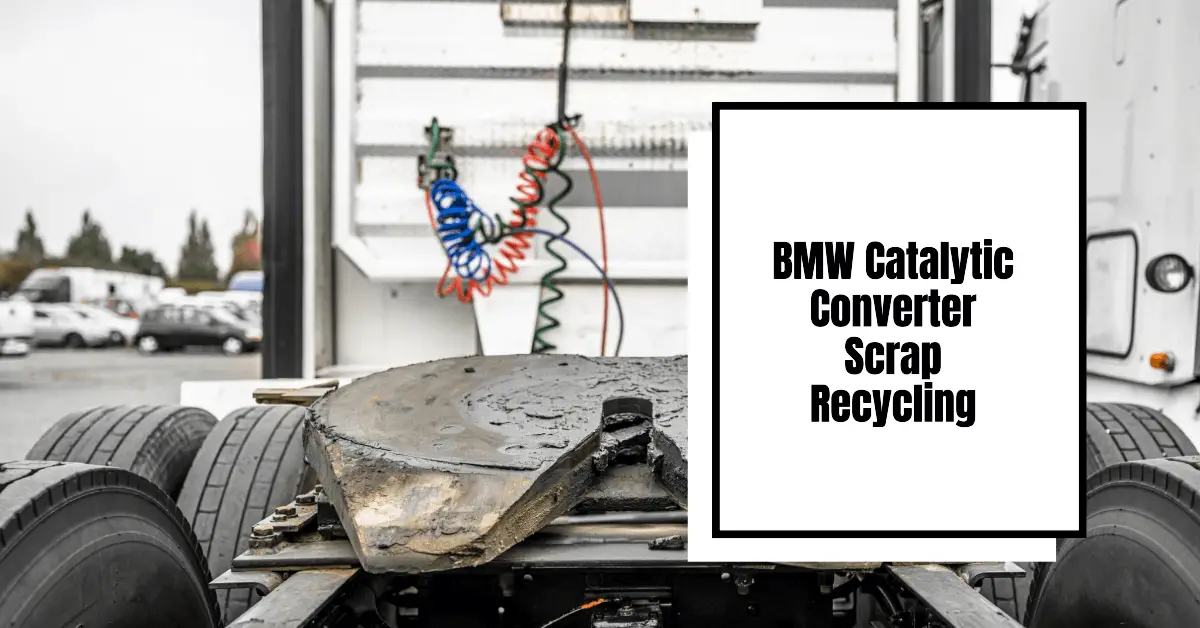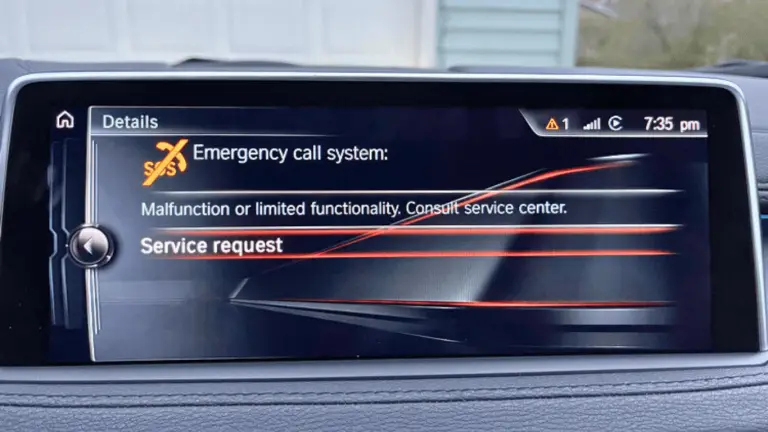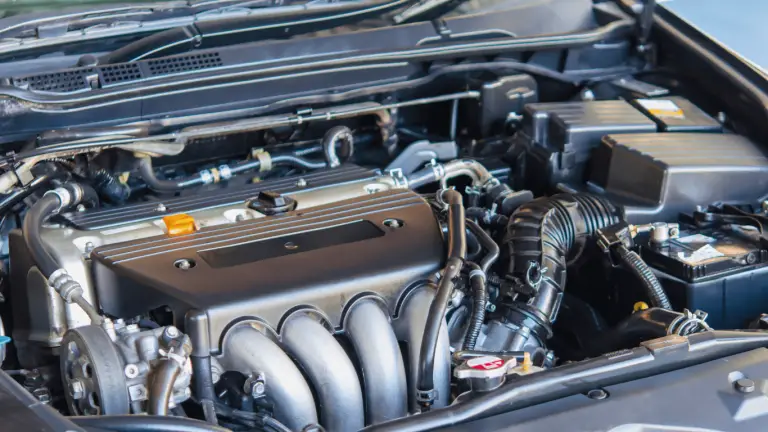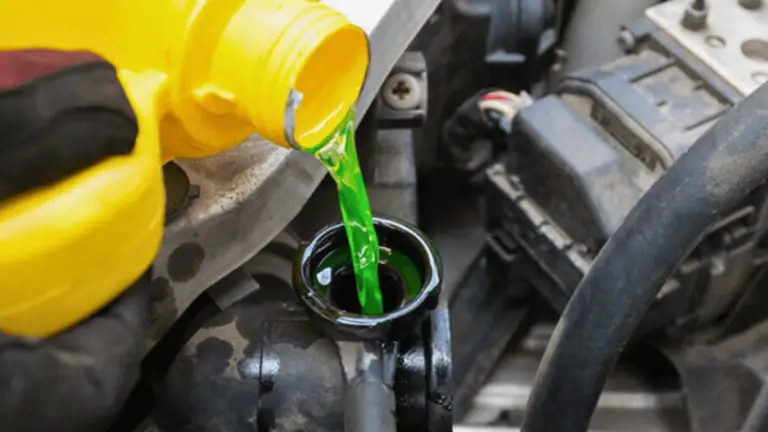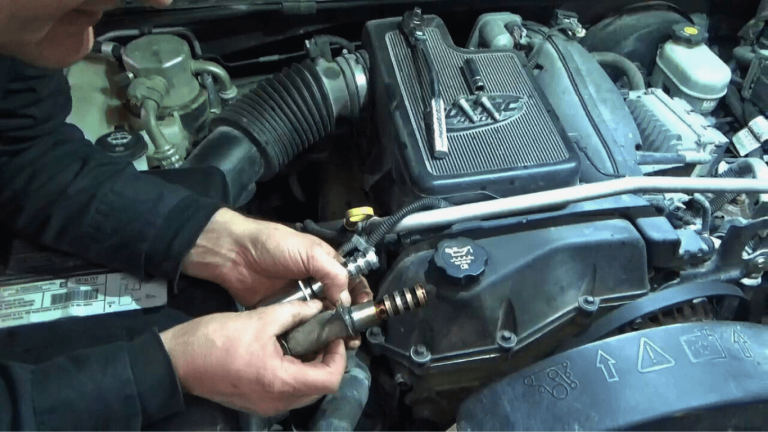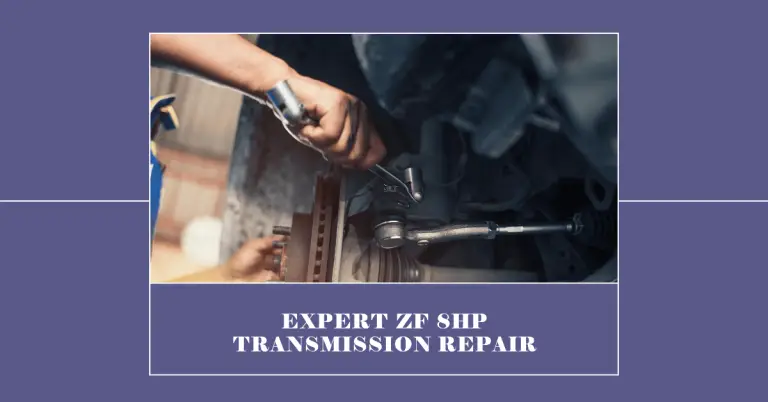BMW Catalytic Converter Scrap Price: How Much Is It Worth?
Have you ever wondered if that old catalytic converter attached to your BMW’s exhaust system contains valuable precious metals inside? Or maybe you’re looking to make some extra cash by removing and selling the catalytic converter from a scrapped BMW vehicle? In this comprehensive guide, we’ll cover everything you need to know about BMW catalytic converter scrap prices – how much they are worth, what influences the prices, and how to get the maximum payout when you sell yours for scrap.
Catalytic converters contain small amounts of precious metals that serve as catalysts to filter emissions. With scrap prices for metals like platinum, palladium and rhodium surging in recent years, old catalytic converters can be surprisingly valuable to recycle.
BMW converters tend to have higher concentrations of these lucrative metals compared to other vehicle brands, making them a prime target for scrapping and recycling. But how much are scrap yards actually paying for used BMW catalytic converters these days? And what steps can you take to maximize your payout when selling one?
What Exactly is a Catalytic Converter?
Before we dive into BMW catalytic converter scrap pricing, let’s start with a quick overview of what a catalytic converter is and why they contain valuable metals inside.
A catalytic converter is an emissions control device that is part of a vehicle’s exhaust system. It is usually located under the chassis, close to the exhaust manifold where emissions exit the engine.
The purpose of a cat con is to convert toxic pollutants in exhaust emissions into less harmful gases before they exit the tailpipe. It does this using a chemical process facilitated by the precious metals inside.
Specifically, a catalytic converter works to reduce three main harmful compounds:
- Hydrocarbons (HC) – Made up of unburned fuel. Catalytic converters oxidize hydrocarbons into water and carbon dioxide.
- Carbon monoxide (CO) – Toxic gas created by incomplete combustion. The converter oxidizes CO into carbon dioxide.
- Nitrogen oxides (NOx) – Pollutants formed when nitrogen and oxygen combine at high temps. Catalytic converters reduce NOx emissions.
The converters contain small amounts of precious metals like platinum, palladium and rhodium that serve as catalysts to enable these chemical reactions.
As exhaust passes through the converter, the metals facilitate oxidization reactions that convert the toxic emissions into more benign nitrogen, carbon dioxide and water vapor before exiting the tailpipe.
Why Scrapping Catalytic Converters Has Become Lucrative?
Catalytic converters have been standard equipment on all cars and trucks sold in North America since 1975. For many decades, the scrap value of an old used converter was minimal.
But in recent years, prices for the precious metals found inside cat cons – especially palladium and rhodium – have risen dramatically:
- Palladium prices have surged from around $500 per ounce in 2016 to over $2500 per ounce today – a 5x increase.
- Rhodium prices have skyrocketed from $640 per ounce to nearly $21,000 per ounce over the last 5 years – over a 30x jump!
- Platinum prices have doubled from about $900 per oz to around $1800 per oz.
This surge in scrap metal values has turned old catalytic converters from nearly worthless exhaust components into lucrative recyclable commodities. Instead of ending up in a landfill, today these scarce metals are being extracted and reused, reducing the need for new mining.
Why BMW Converters Fetch Top Dollar?
Now that you understand why catalytic converter recycling has exploded, let’s focus on why BMW models in particular tend to have the most valuable converters that bring high scrap prices:
- More precious metals – BMW converters tend to have higher concentrations of platinum, palladium and rhodium compared to mass market vehicles.
- Newer models preferred – Scrap yards pay top dollar for cats from late model BMWs which have the newest tech.
- Good performance – BMW focuses on engine performance. Their converters efficiently filter emissions.
- High engine temps – BMW engines run hot for power. This exposes the metals to high heat which improves their catalytic properties over time.
- Luxury marque – Since BMW plays in the luxury space, their converters are viewed as top-notch.
So in a nutshell, BMW catalytic converters demand a premium price in the scrap market due to their high-performance reputation, newer technology, and tendency to contain more precious metals than the average vehicle.
Scrap Price Ranges – How Much Are BMW Cats Worth?
Now that you know why BMW catalytic converters in particular bring good scrap value, what are some actual price ranges you can expect to sell them for?
There are several key factors that determine how much a scrap yard will pay for a specific BMW catalytic converter:
Type and Purity of Metals
The first factor is the type of precious metals inside (palladium, platinum, rhodium) as well as their purity.
Higher purities will always fetch bigger payouts. Rhodium is currently the most valuable catalytic converter material, so BMW converters containing a higher rhodium concentration will bring the largest scrapping returns.
Location and Market Prices
Just like any commodity, scrap metal prices fluctuate daily and vary regionally. Yards in different parts of the country (or world) will pay different prevailing scrap prices. Stay updated on price movements.
Location also matters when selling – bigger cities have more scrap yards competing for converters which drives up pricing.
Converter Condition
The physical condition of the cat con also matters. If the housing is crushed or damaged, the extraction process is harder so the scrap value decreases. Dirty or corroded units also bring lower offers.
Negotiations and Shipments
Finally, negotiating tactics and the quantity you sell at once will impact payouts. Selling in bulk earns bigger premiums. And savvy scrappers who negotiate across multiple yards typically get better payouts.
Given the many variables involved, it’s hard to pinpoint an exact converter price. But here are some average payout ranges you can expect when selling your BMW catalytic converter for scrap:
- Palladium Content: $500 – $1000 per converter
- Platinum Content: $50 – $250 per converter
- Rhodium Content: $100 – $300 per converter
- Total payout range: $650 – $1500+ per BMW catalytic converter
The typical BMW cat will fall somewhere in the $1000 range, but highly desirable Rhodium-rich converters from sought after models can fetch $1500+. Use the valuation tips below to hit the top of these price ranges.
Tips to Maximize Your BMW Scrap Cat Payout
Follow these expert tips to make sure you maximize the monetary payout when scrapping your BMW catalytic converter:
1. Sell Directly to a Scrap Yard
Instead of going through a middleman, take your converter directly to an established scrap yard in your region. The yard will assay and value the metals inside, eliminating markups from intermediaries.
Dealing direct gets you the best price. Search for top-rated yards known for fair payouts on catalytic converters.
2. Clean Thoroughly Before Sale
Make sure to thoroughly clean the exterior housing of the converter before sale. Use degreaser to remove all dirt, oil, road grime and residue.
Scrap yards dock offers if converters are dirty or filled with debris as it complicates their processing workflow. A clean cat presents better.
3. Remove All Steel Exhaust Pieces
For accurate weighing of just the catalytic converter, remove any steel exhaust tubing or mounting hardware attached to the housing before bringing it to the scrap yard.
The yard can’t accept pieces like flanges, flex pipes, mufflers or O2 sensors still attached to the converter. Remove and separate the steel from the precious metals.
4. Get Quotes From Multiple Yards
Instead of just going to your nearest scrap yard, take the time to visit at least 3-5 yards in your region and get payout quotes from each. They will likely offer slightly different pricing.
You can then negotiate the best price by letting yards know what competitors are bidding. A little effort goes a long way.
Follow these tips, and you’ll maximize your catalytic converter recycling returns while the market remains hot.
How to Locate and Remove Your BMW Converter?
Before you can sell your catalytic converter for scrap, you first need to locate it on your BMW and properly detach it from the exhaust system. Here are some tips:
Locating the Converter
BMW converters are part of the exhaust system, typically located under the chassis just after the exhaust manifold where emissions exit the engine.
Consult your owner’s manual or an automotive repair guide to find the exact location on your specific BMW model and engine. There may be one or more converters.
Visually inspect the exhaust piping looking for the signature oblong converter housing. BMW often uses heat shields to protect the converter which you’ll need to remove.
Removing the Converter
Once located, you’ll need to detach the cat from the exhaust system by cutting the pipe on either side of the converter housing.
Use a reciprocating saw (like a Sawzall) with a metal cutting blade to sever the pipes. Eye protection is a must.
Also use work stands to safely raise and support the vehicle. Take precautions against burns from hot components. Removing a converter is dirty work – wear old clothes.
When done, you’ll have the detached converter ready for cleaning and sale to your scrap yard of choice.
Is Scraping Cats Legal? Know the Laws
With catalytic converter thefts on the rise, many scrap yards now require documentation to show legal ownership before purchasing converters. Make sure you are prepared with the following:
- Proof of Ownership – Bring a title or registration proving you own the BMW the converter came from.
- Valid Photo ID – Have a valid driver’s license or state ID card matching the registration name.
- Documentation – Get a signed receipt detailing the transaction including converter weights.
Only sell catalytic converters you legally own. Stealing converters, selling stolen units, or scrapping cars you don’t hold titles to are all illegal. Know your state laws.
Reputable scrap yards follow “know your customer” practices to reduce criminality. Working with reliable, transparent yards ensures you stay on the right side of the law when scrapping your catalytic converters.
Conclusion
As precious metals prices continue rising, scrap BMW catalytic converters can bring in meaningful recycling returns between $650 to over $1500 each.
Exact payouts depend on several factors covered in this guide, especially type and purity of metals, market prices in your region, converter condition, and negotiation tactics.
Follow the expert tips outlined here to locate your BMW converters, detach and clean them properly, shop quotes across multiple yards, and maximize the monetary payout when you scrap your old converters.
The time is right to finally cash in on that latent precious metals value hiding in your car’s exhaust system. Turn trash into cash treasure by recycling scrap BMW catalytic converters. Just make sure to know the laws, deal only with reputable yards, and get paid fairly for your converters.

